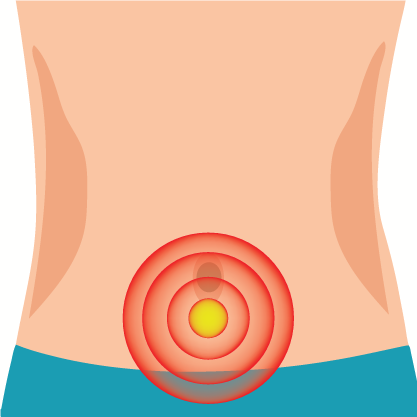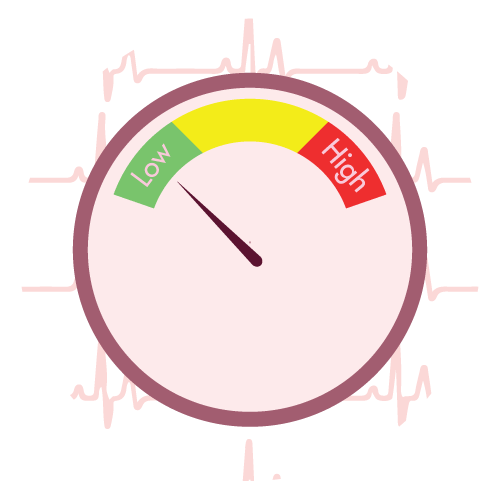| Name | Lisinopril |
| Classes |
Cardiovascular Agent Antihypertensive ACE Inhibitor |
| Diseases |
Cardiovascular Disease Heart Attack Hypertension (High Blood Pressure) |
Lisinopril
Lisinopril competitively inhibits the conversion of angiotensin I (ATI) to angiotensin II (ATII), thus resulting in reduced ATII levels and aldosterone secretion. It also increases plasma renin activity and bradykinin levels.
Lisinopril is indicated for the following conditons-
- Heart failure
- Hypertension
- Left Ventricular Dysfunction After Myocardial Infarction
- Diabetic Nephropathy
Lisinopril is available as tablets.
Hypertension:
- The normal starting dose for patients with hypertension is 10 mg.
- Patients with a severely activated renin-angiotensin-aldosterone system may have an abnormal blood pressure drop after the initial dose. In such patients, a starting dose of 2.5-5 mg is indicated, and medication should be started under physician supervision.
- In the case of renal impairment, a lower starting dose is recommended.
Heart Failure:
- Lisinopril may be initiated at a starting dose of 2.5 mg once a day, which should be administered under medical supervision to determine the initial effect on the blood pressure.
Myocardial Infarction:
- The first dose of Lisinopril is 5 mg, then 5 mg after 24 hours, 10 mg after 48 hours, and finally 10 mg once day.
Diabetic nephropathy:
- The dose is 10 mg Lisinopril once daily in hypertensive patients with type 2 diabetes mellitus and incipient nephropathy, which can be increased to 20 mg once daily if necessary to reach a sitting diastolic blood pressure below 90 mm Hg.
Lisinopril has the following side effects-
- Headache
- Dizziness
- Dry cough
- Abdominal pain
- Hypotension
- Angioedema
- Elevated BUN and serum creatinine levels
- When taken throughout the second and third trimesters of pregnancy, ACE inhibitors can harm or even kill the growing fetus. Lisinopril should be stopped as soon as possible if pregnancy is discovered.
- Lisinopril, like all vasodilators, should be used with caution in individuals who have a blockage in the left ventricle's outflow tract.
- Treatment with angiotensin converting enzyme inhibitors, such as lisinopril, may be associated with oliguria and/or progressive azotemia, as well as acute renal failure and/or death in patients with severe congestive heart failure whose renal function may be dependent on the activity of the renin-angiotensin-aldosterone system.
Contraindication
Lisinopril is contraindicated in patients who are hypersensitive to this product or any other ACE inhibitors. For example-
Foods rich in potassium should not be taken with ACE inhibitors.
Patients with a previous or hereditary angioedema should not take Lisinopril.
 Bangla
Bangla English
English









